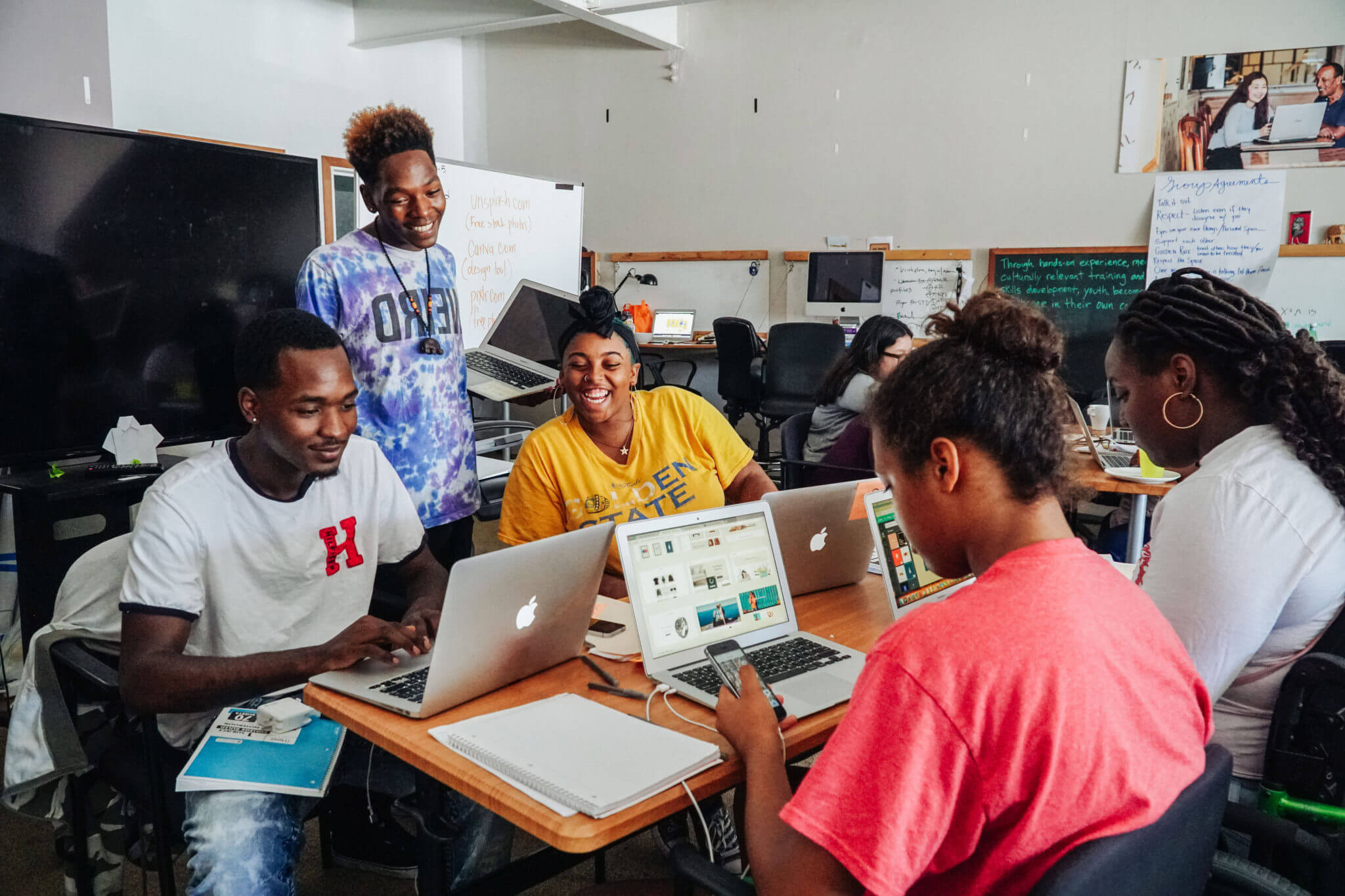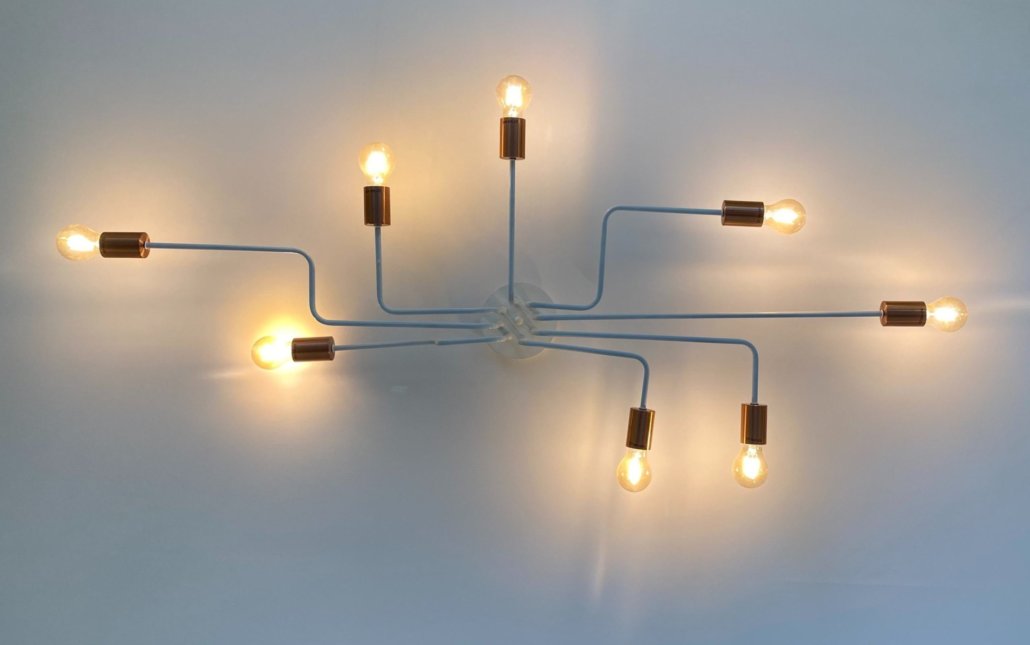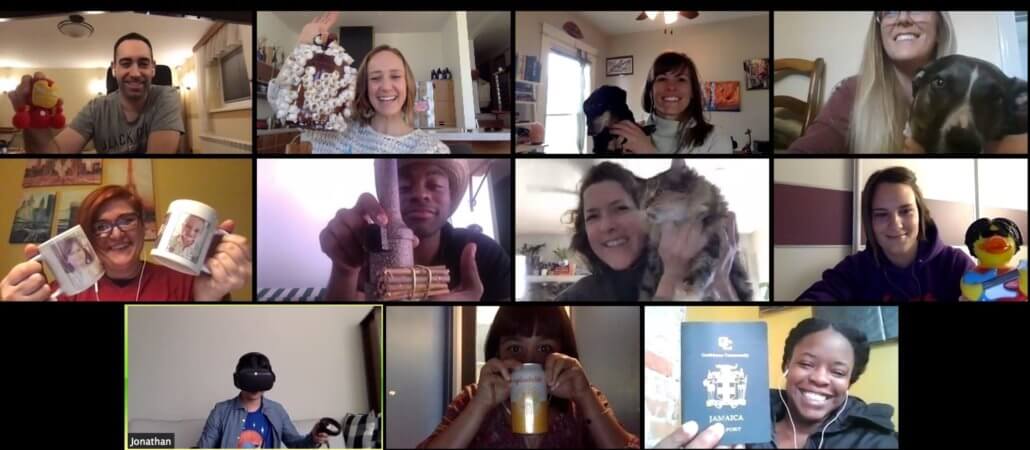Hack the Hood: A Need-to-Know Nonprofit That’s Diversifying Tech
Creating a Path for Black, Latinx, and Indigenous Communities in Tech

Since 2019, Mangrove has proudly supported Oakland, CA-based nonprofit Hack the Hood, an organization that empowers communities of color to succeed in tech careers. Through mentorship, 6 to 9-week bootcamps and alumni programming, they are opening the door for diverse learners to build their skills and forge a path in this ever-growing industry. Here at Mangrove, their mission hits close to home, as we also strive to increase tech opportunities for people of color within our own business and in our community. We recently had the opportunity to meet Anina Tweed, Hack the Hood’s new Director of Development. She took time to chat with us and share more about the organization’s current vision and programs. Read on to learn more.
Mangrove: Why does Hack the Hood believe diversity in tech so important?
Anina: We see it two ways. On the individual level, awareness and access to education are tools of liberation. In our current day and age, I think access to technical skills and technical fluency are even more so. People of color are huge consumers of technology, but they’re not necessarily given access to opportunities to shape and influence that technology.
As we’ve seen during COVID, there are many people who are able to work remotely, and their jobs are stable. That hasn’t been true for communities of color who are disproportionately affected, and that extends far beyond the pandemic. When you think about the future of work and the types of jobs that may be automated and rendered irrelevant, a lot of those service industry jobs are occupied by workers of color. It becomes an economic mobility and racial justice issue. If people aren’t given equal access to tech skills and tech fluency, they won’t be given equal access to income and opportunities to build intergenerational wealth.
On the community and societal level, when tech is not developed by people of color and/or with them in mind, it can become a tool of oppression. Part of our curriculum is on the socio-political impacts of technology. For each technical unit, our learners are grounded in how technology and racism collide, and how tech is sometimes used to the detriment of their own communities. Algorithms, for instance, are not unbiased, and can be used used in really harmful ways. The hope is that when our learners are at the forefront of shaping technology, they will understand how to make technologies more supportive and helpful for communities of color rather than harmful.
Mangrove: What makes Hack the Hood unique?
Anina: The communities we reach may have not been previously exposed to technical skills like coding and data modeling and likely have the biggest barriers to entering the tech space. You’ll notice that a lot of big name bootcamps that prepare learners to go into large tech firms are not very diverse at all—they are not reaching the same population that we target. Our learners may not have laptops or other technology and they may not have the resources to pay for and attend an intensive multi-month coding bootcamp. They’re earlier in their journey and need more support. Hack the Hood’s model gives learners an intro to the tech space, the basic programming language, and connections to next steps and post-secondary pathways through mentorships, internships, and partnerships with community colleges and other continued education programs.
Mangrove: Does Hack the Hood work with people who are reentering the workforce?
Anina: Right now we mostly work with post-secondary and early career learners, ages 17-25, and I think that will continue to be the focus. But now that we have gone to remote learning, one of the things we are looking at is an expansion into emerging tech hubs like Philly and Detroit and working with more education partners remotely. We can upskill early career youth in those areas, so they are not left out of job opportunities in their own neighborhoods. That work may result in us reaching people who are a bit older and reentering the workforce, and I can even see formerly incarcerated or immigrant populations too.
Mangrove: How do you connect youth to opportunities after your bootcamps?
Anina: There are several avenues; one is internships at larger organizations where our learners will have plenty of mentorship and support. We are very intentional about not sending people of color into work settings that won’t support their identity. Our goal is not for learners to assimilate into an unsupportive corporate culture, but to transform it. We work to provide our career pathway partners with power and bias training, so they understand how white supremacy shows up in the workplace. We also look to place our learners at companies we know have stated commitments to DEI and are thoughtful and intentional about creating an inclusive work culture.
Another avenue that I think will become increasingly important to the people we serve is partnering with community college programs in data science, so they can continue their education. We also take the opportunity to place our learners with mentors. These could be professionals that have technical skills our participants still want to learn, or they could be people who are further along in their career who are able to help with resume writing, job searching, and interview skills.
One other thing we’re focusing on more and more is our Alumni Network. Once you are part of a Hack the Hood bootcamp, you are part of this group. We will be doing a lot more engagement events for alumni, giving them the opportunity to stay involved and gain access to resources, mentors and job placements, even years after completing our program.
Hack the Hood is always on the hunt for mentors and partner organizations to support the career paths of their diverse learners. For more information and to see how you can get involved, visit their website.

Anina Tweed, Director of Development for Hack the Hood
A Certified B Corp, Mangrove is a woman-owned website design and development company with a diverse, talented team distributed around the globe. We’ve been building websites since 2009 that amplify the work of change-making organizations and increase the competitive power of businesses owned by historically marginalized people.
If you found this post helpful, subscribe to our monthly newsletter for notice of future posts and other news from us.



